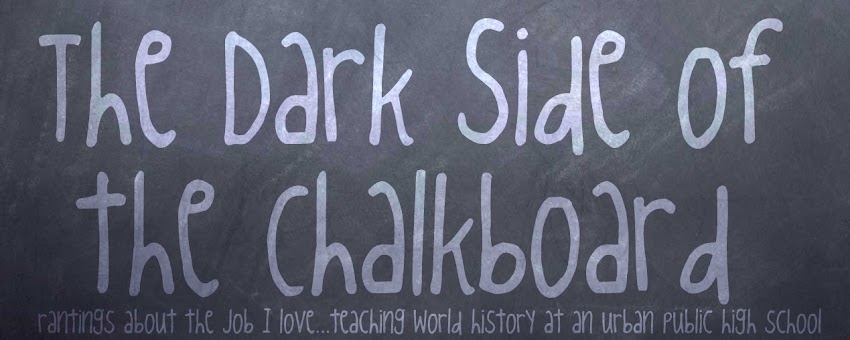So...two more books down for this upcoming class next week.
The first one is called Cities of Salt by Abdelrahman Munif, and was translated into English by Peter Theroux. It is about the transformation of a wadi in the Arabian peninsula as the Americans come in search of oil in the 1930s. It is somewhat meandering and a bit difficult to follow the very large cast of characters, but it does somewhat reflect the changes taking place in Arab society as a small oasis with a few families scatters and becomes part of a larger urban environment as the oil pipeline is built. It also talks about the destruction of the environment and the small settlements as the Americans come in, and the changes to the very traditional way of life that are inevitable as the two distinctly different societies rub up against each other. It is easy to see the birth of the fundamentalist movement here and why the roots of many of the international problems of today started in this time period. I liked the book better as I got further into it, but it was pretty hard to get into and it took me more than 2 weeks to read it. It wsa also the longest of the seven books at 625 pages. As previously stated, the large cast of characters, and the different names that are used throughout for the same person make the storyline somewhat difficult to follow and the plotline wanders around quite a bit. It is almost like reading a bunch of interconnected short stories. One other thing that I did not really like about this book was that there are no women mentioned, other than the wife and mother of two of the main characters, and she goes mute from some unmentioned disease and after that point is portrayed only as desperately clinging to her son for two or three pages and then is not mentioned after that point. Other than that, no women are mentioned by name and the only other women mentioned are American women, who are portrayed as naked whores who come ashore in a special ship for a couple of days, inspire grumbling and anger in the Arabs, who can only see them from a very great distance, and then leave. Conclusion - not my favorite book, but interesting and can grow on you.
The second book is titled The Yacoubian Building, by Alaa al Aswany. It is much shorter, only 246 pages, and I really liked it. Just like Palace Walk (reviewed in a previous post) it is about Cairo, Egypt during a time of transition, only unlike Palace Walk it is about Egypt in 1990, and how the residents of a building called the Yacoubian Apartment Building deal with life over the course of a year or so. One teenaged couple splits up after the woman's father suddenly dies, and the woman becomes more modern and rebellious and eventually begins an affair with a much older man, while the young man becomes attracted to fundamentalist Islam at a time when that particular group of people was intensely angered by the American presence in Saudi Arabia and their war with Saddam Hussein in the first Persian Gulf War. Another resident was a corrupt politician who is willing to do whatever it takes, including murder, bigamy, and bribery in order to gain power. These are only three of the 10 or so interwoven stories which altogether make up a very complex picture of life in Egypt less than 20 years ago. I really liked this book, despite the occasionally overt sexual descriptions, and I would recommend it, especially if you know any Egyptians, as I do.

No comments:
Post a Comment